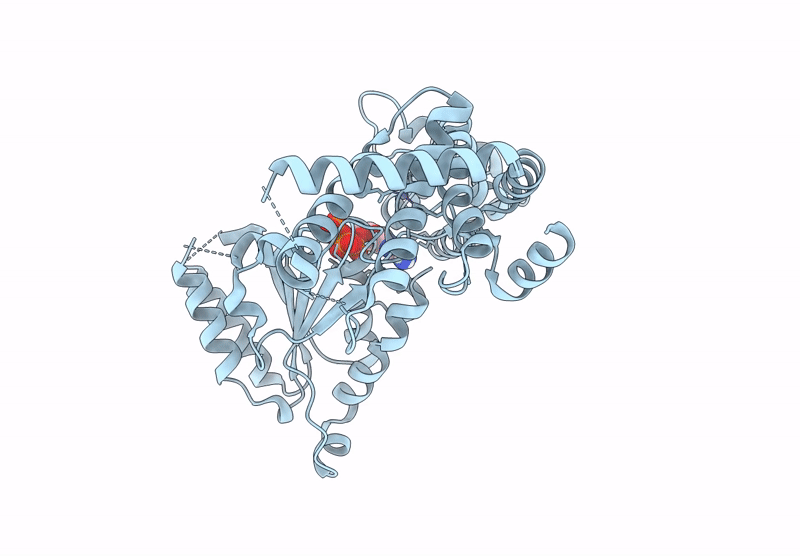
Deposition Date
2024-01-31
Release Date
2025-01-15
Last Version Date
2025-06-11
Entry Detail
PDB ID:
8VWB
EMDB ID:
Keywords:
Title:
CryoEM Structure of a FtsH Helical Assembly in the Aged State
Biological Source:
Source Organism(s):
Thermotoga maritima (Taxon ID: 2336)
Expression System(s):
Method Details:
Experimental Method:
Resolution:
2.70 Å
Aggregation State:
HELICAL ARRAY
Reconstruction Method:
HELICAL


